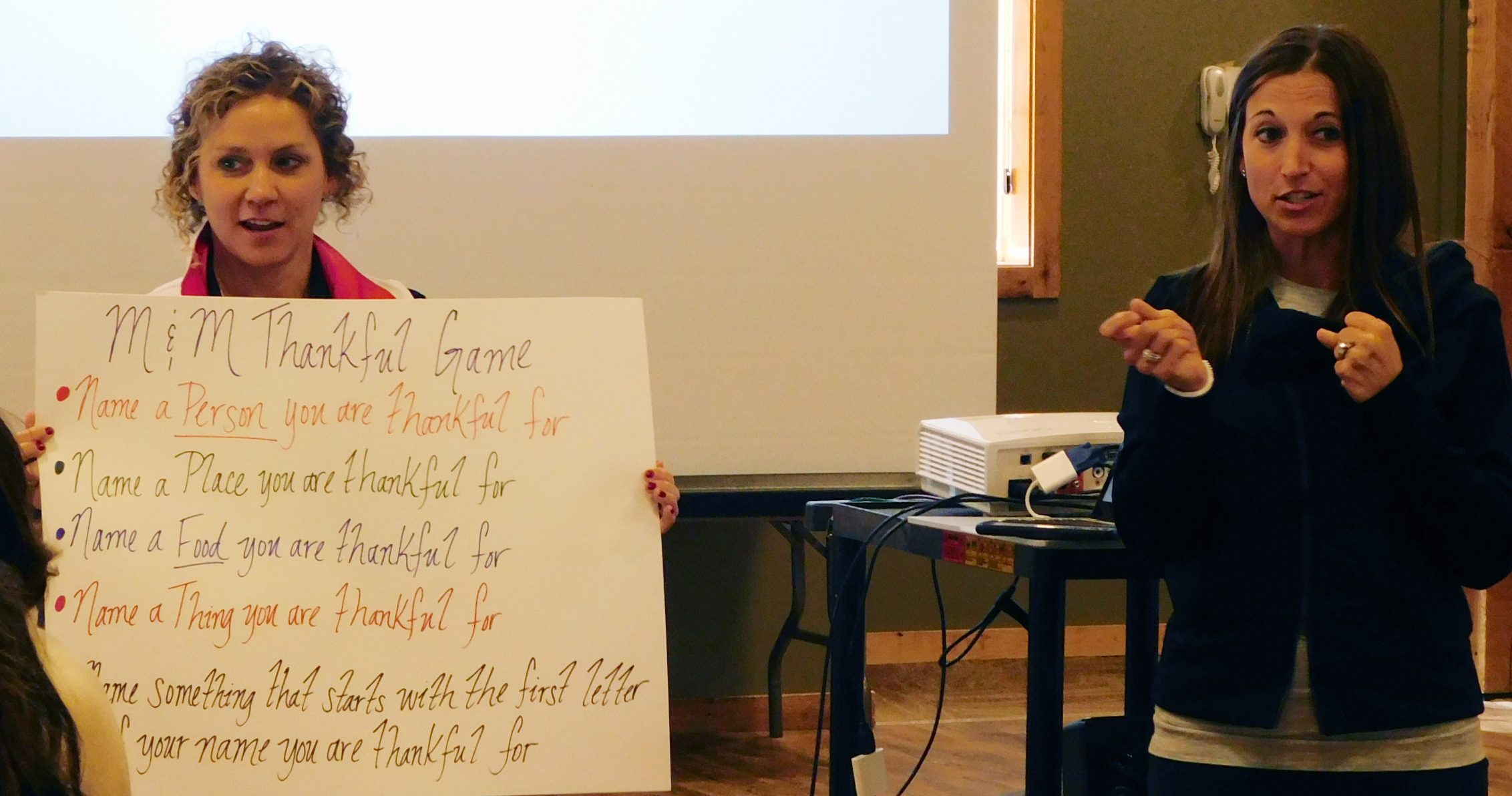Children, Families, and the Law, Center on

Center on Children, Families, and the Law: Faculty Publications
Document Type
Article
Date of this Version
8-2019
Citation
Poster presented at Summer Undergraduate Research Symposium, University of Nebraska-Lincoln, August 7, 2019.
Abstract
• Parent substance use is the second-leading cause for childrens’ removal from the home in Nebraska (Voices for Children, 2018) with 10-30% being removed again later on (Wulczyn et al., 2007).
• The theory of Therapeutic Jurisprudence suggests using a treatment-oriented approach to reduce recidivism and mitigate the negative psychological effects that the legal system may have on offenders (Fessinger et al., 2018).
• The Judge acts as a team leader for caseworkers and attorneys who use a collaborative approach in the Family Treatment Drug Court (FTDC).
• Team meetings between parents and court professionals include discussion about parents’ progress to help ensure a rehabilitative environment. • Social exchange theory says that interpersonal relationships form with the exchange of emotional resources (Rupp & Cropanzano, 2002).
• Preliminary findings suggest that FTDC participants who receive support in high quality relationships may have a faster time to case closure (Fessinger et al., 2018).
• Research question: Do the high quality relationships between adjudicated parents and court professionals explain faster time to case closure in FTDC?
Included in
Administrative Law Commons, Family Law Commons, Juvenile Law Commons, Social Welfare Law Commons


Comments
Copyright 2019 Chelsey Wisehart, Katherine Hazen, & Matthew Carlson